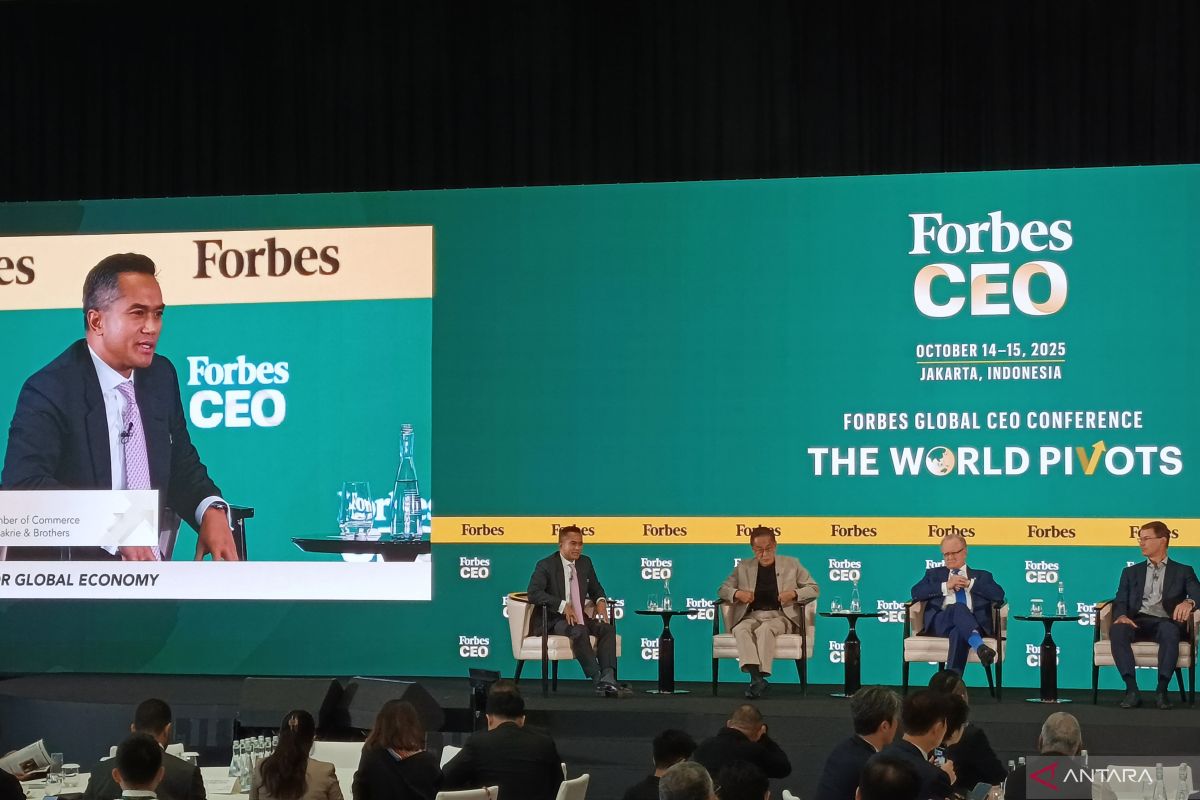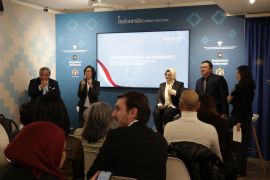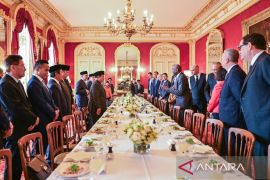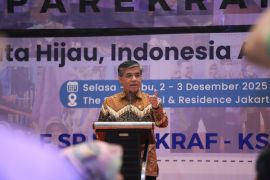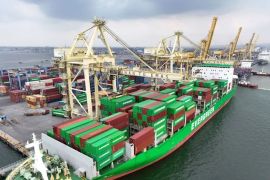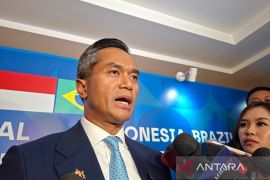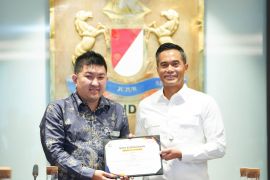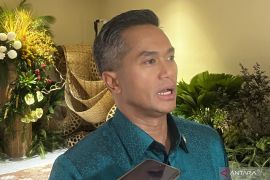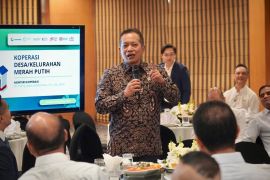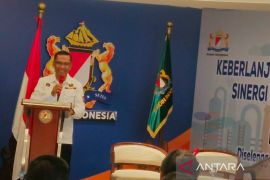“With our critical minerals, we can use them as a means of negotiation,” Kadin Chairman Anindya Bakrie said during the Forbes Global CEO Conference here on Tuesday.
While acknowledging the strategic potential of these resources, Anindya stressed the importance of downstream processing to create greater added value for the national economy.
He recalled that about a decade ago, Indonesia’s nickel ore exports generated only around US$1 billion in profits. However, after developing downstream industries to produce stainless steel, profits have surged to US$35 billion.
According to Anindya, countries should adapt their trade strategies as Indonesia has done - by diversifying export destinations rather than relying on a single market.
“Indonesia does have an agreement with the United States, but it is not only about the United States. We are also expanding our markets to the European Union and Canada,” he noted.
Anindya added that Indonesia remains open to international collaboration that supports job creation and aligns with the nation’s demographic advantage.
“Our challenge is to employ between 2.5 and 3 million people each year, as around 5 million babies are born annually. We are eager to collaborate, but our priority is to maintain stability and inclusiveness,” he stated.
Indonesia’s critical mineral resources include nickel, copper, cobalt, bauxite, tin, and potentially lithium. The country is the world’s largest nickel producer, accounting for 48 percent of total global reserves. Its copper reserves stand at 28 million tons, ranking seventh globally.
In addition, Indonesia holds an estimated 600,000 tons of cobalt reserves, 1.2 billion tons of bauxite, and around 2.8 million tons of tin - representing roughly 16 percent of the world’s total reserves.
Related news: RI affirms its commitment to downstreaming, clean energy transition
Related news: Kadin confident in swift security and business recovery
Translator: Resinta Sulistiyandari
Editor: Primayanti
Copyright © ANTARA 2025
